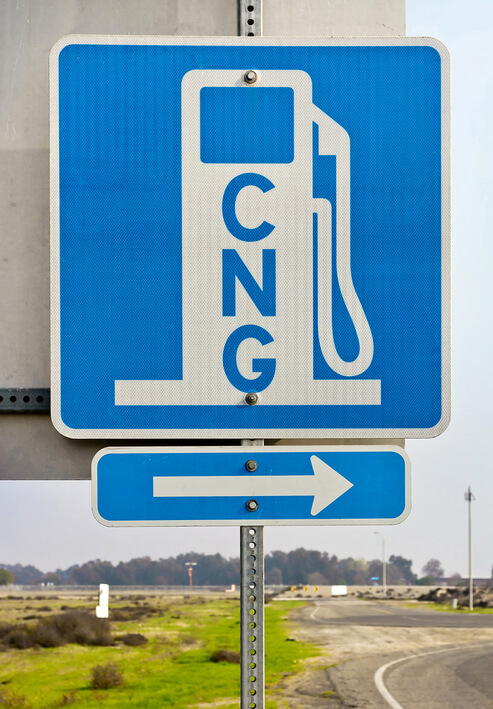CSA Group, a global provider of testing, inspection and certification services, has published a new bi-national standard for compressed natural gas (CNG) fuel systems for road vehicles.
According to the company, a CNG fuel system standard was included as a priority in the 2016 U.S. Department of Energy and Natural Resources Canada’s Natural Gas
Vehicle Work Plan, in support of the Regulatory Cooperation Council. To meet this need,
CSA Group says it worked with the North American natural gas vehicle (NGV) industry to transition the bi-national recommended practice, CSA/ANSI NGV 6.1 – Compressed Natural Gas (CNG) Fuel Storage and Delivery Systems for Road Vehicles, to a bi-national standard recognized in the U.S. and Canada by the American National Standards Institute (ANSI) and Standards Council of Canada, respectively.
The new NGV 6.1 standard includes revisions to further harmonize coverage with current industry codes and standards, as well as added performance and verification test requirements for the vehicle fuel system, says CSA Group.
CSA/ANSI NGV 6.1 complements CSA Group’s engagement over the past three decades with the industry on CNG vehicle component issues, including research and
development support, standards development, certification and testing, container
inspection, and container end of life. The document provides guidance for the system designer and integrator, such as design requirements and process recommendations.
Dan Bowerson, director of technology and development at NGV America and co-chair of
NGV 6.1, says, “NGV 6.1 fills a gap that the NGV industry has been missing for
years. By using system engineering practices and starting with a system-level [failure modes and effects analysis], the NGV 6.1 technical subcommittee was able to focus on safety needs of the CNG fuel storage and handling systems. The technical subcommittee developed a standard that will be useful for companies or individuals involved in the design and installation of CNG systems and components.”
CSA Group says the industry will continue to work with other code committees and authorities having jurisdiction to obtain reference to this new standard. Future editions of the bi-national standard will expand coverage to address liquefied natural gas fuel storage and delivery systems. In addition, content from this document will be considered for incorporation in learning products to assist in the dissemination of the information and implementation of the best practices.







